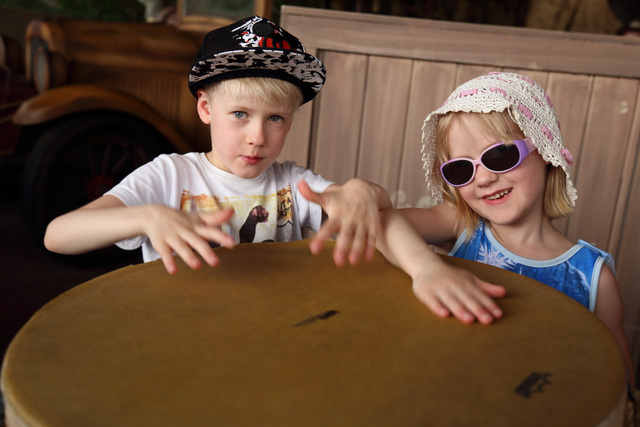A very selfish answer:
I photograph for my own pleasure, for my feelings, searching for the look it pleases me the most !
I kept clicking in "A
very selfish answer", LOL, thinking it would lead me to something outrageous, LOL!
Actually, your explanation, that "I photograph for my own pleasure, for my feelings, searching for the look it pleases me the most!", resonates well with me.
If people don't like what I do, it doesn't alter my picture's worth to me. Of course, it's harder to share work that no one else appreciates, but the actual taking and making the picture does give immediate satisfaction. Getting positive reactions from others is wonderful for one's hobby, but essential if this one's way of earning a living, LOL!
Lots of major works of art, including some photographs, benefit from a curators introduction in a museum tour. We do not have access to everything of that photographers time, place and purpose.
So, unless the picture is like a joke, or a quip, (to get immediate amusement, empathy or shock from the folks), available explanations,
when needed, give more access to the richness of a work of art.
Asher



